The country's deputy trade minister said predatory pricing by e-commerce sellers - a term used to describe setting prices at very low levels to eliminate competition - was threatening the direct market of Southeast Asia's largest economy .
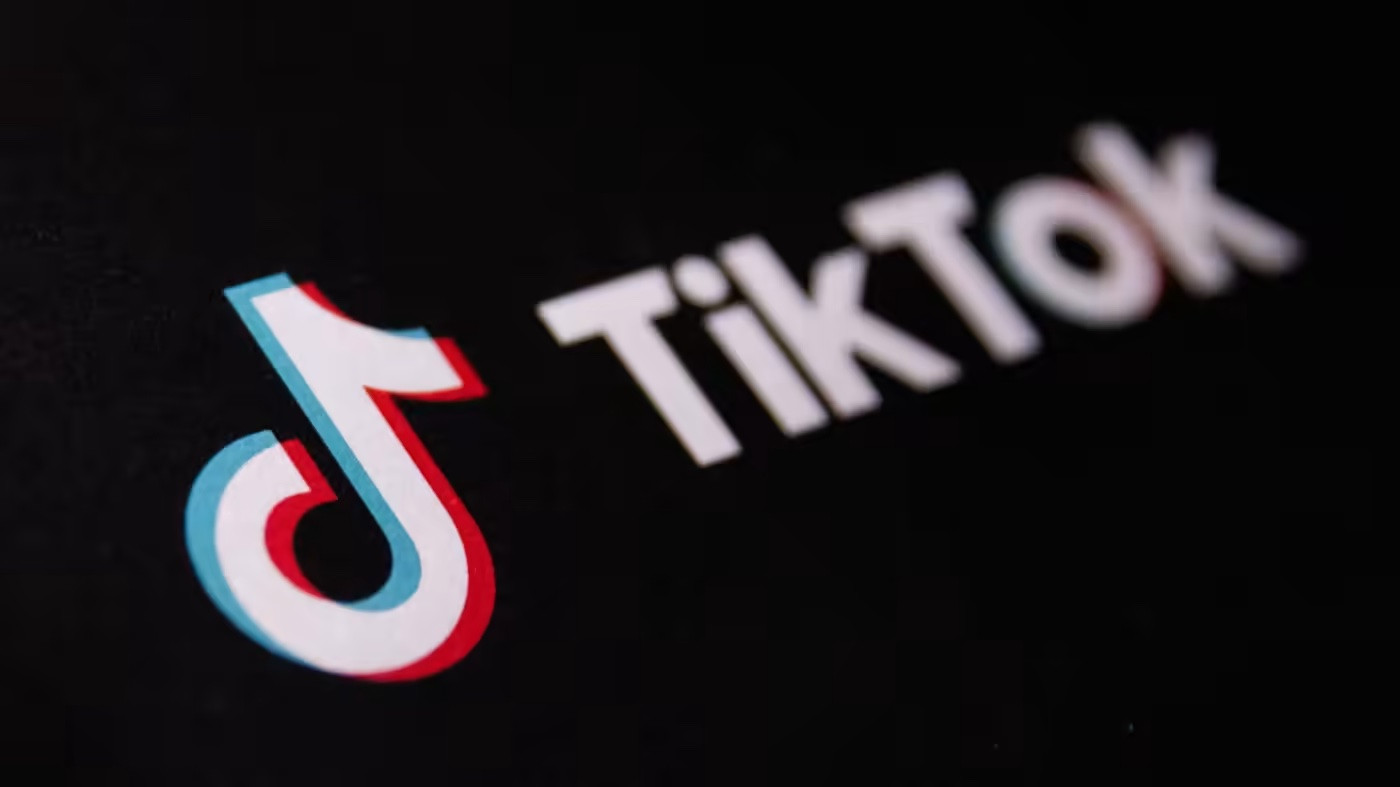
“Social media and e-commerce cannot be considered the same thing,” Jerry Sambuaga, Indonesia’s deputy trade minister, told parliament . He also cited the example of sellers using the “live” feature on the TikTok platform to sell products.
“The revised trade regulations will explicitly and explicitly prohibit such activities,” Mr. Sambuaga said.
In response, TikTok said separating social media and e-commerce into different platforms would stifle innovation and the company hopes the government will create a “level playing field” for everyone.
“The new regulation will also be detrimental to merchants and consumers in Indonesia,” said TikTok’s representative in the Southeast Asian country.
TikTok, which has about 2 million sellers in Indonesia, previously said it had no plans to launch cross-border operations there, after officials expressed concerns that its e-commerce operations could flood the island nation with Chinese goods.
ByteDance’s video-sharing platform said its app has 325 million monthly active users in Southeast Asia, including 125 million in Indonesia. The company also shared that there are more than 2 million small businesses in the region, operating on TikTok Shop.
Indonesia, with a population of more than 270 million, will generate nearly $52 billion in e-commerce transactions by 2022, of which 5% will be on TikTok, mainly through livestreams, according to data from consultancy Momentum Works.
The 2022 industry report by Google, Temasek and Bain&Company estimates that Indonesia's e-commerce size will grow to US$95 billion in the next two years.
(According to Nikkei Asia)
Source


![[Photo] A delegation of 100 journalists from the Vietnam Journalists Association visits the soldiers and people of Truong Sa island district.](https://vphoto.vietnam.vn/thumb/1200x675/vietnam/resource/IMAGE/2025/5/30/0984a986227d4e988177f560d2e1563e)

![[Photo] Journalists moved to tears at the Memorial Service for the soldiers who died in Gac Ma](https://vphoto.vietnam.vn/thumb/1200x675/vietnam/resource/IMAGE/2025/5/30/9454613a55c54c16bf8c0efa51883456)
![[Photo] National Conference "100 years of Vietnamese Revolutionary Press accompanying the glorious cause of the Party and the nation"](https://vphoto.vietnam.vn/thumb/1200x675/vietnam/resource/IMAGE/2025/5/30/1cf6cd5c8a934ebfa347028dcb08358c)

![[Photo] General Secretary To Lam receives Chief of the Central Office of the Lao People's Revolutionary Party](https://vphoto.vietnam.vn/thumb/1200x675/vietnam/resource/IMAGE/2025/5/30/140435f4b39d4599a3d17975dfb444c5)
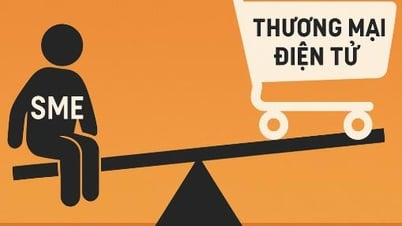











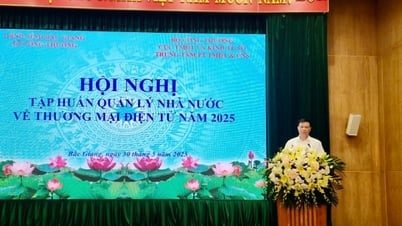
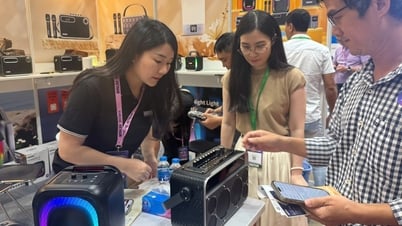
















































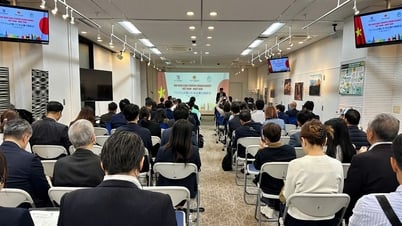



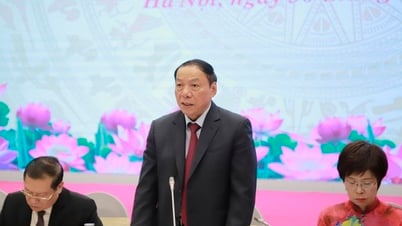

















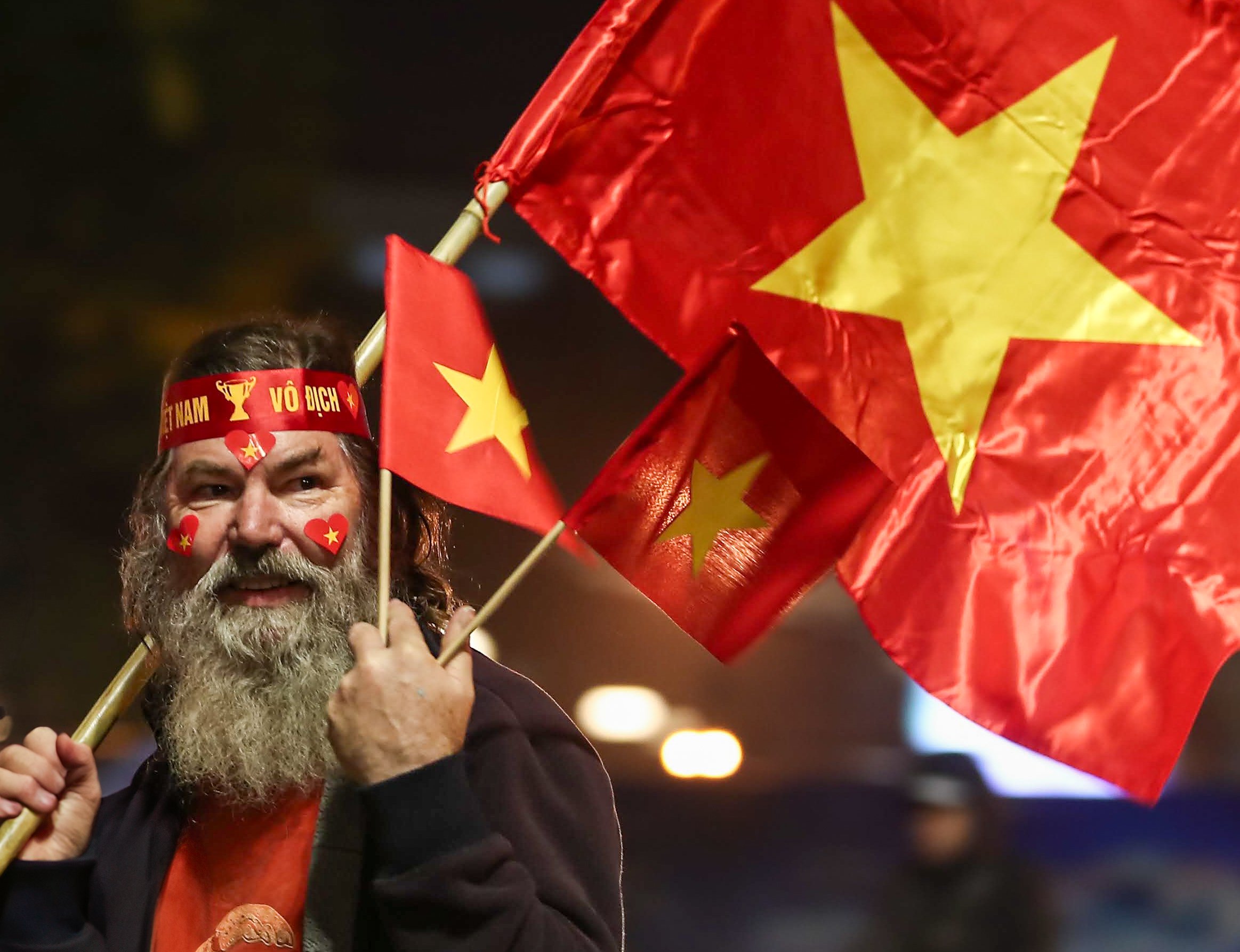



Comment (0)